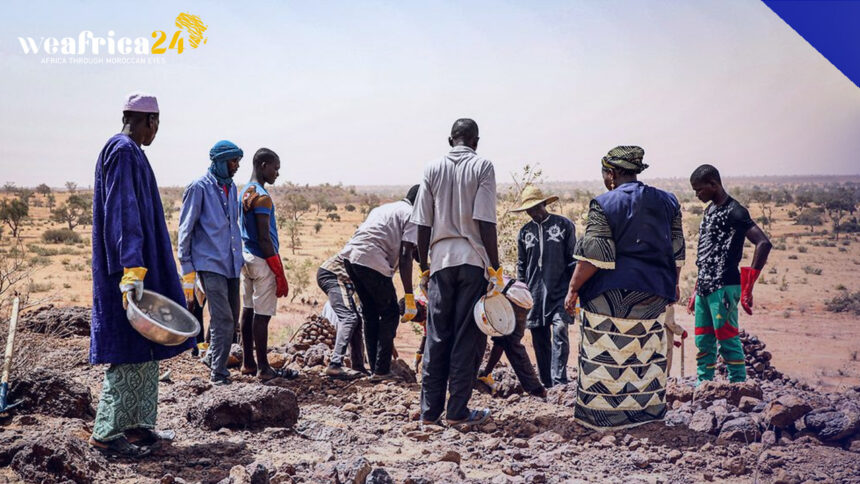Once again, Niger finds itself unable to meet an obligation on the regional market of the West African Economic and Monetary Union (WAEMU). Since the coup d’état in July 2023 and the subsequent imposition of severe sanctions, Niger has missed several payments totaling over 478 million euros. This predicament significantly constrains the maneuverability of Nigerian authorities.
Presently, Niger grapples with diminished resources, limited revenues, and frozen accounts, resulting in a stark imbalance between income and expenditure. As Benoît Chervalier, an expert on African economies at Sciences Po Paris, observes, “The best way to bridge this gap is simply to delay repayment or compliance with obligations arising from debtor-creditor relations.”
Since the beginning of the year, Niger has failed to meet eight deadlines on regional markets. This payment default occurs against the backdrop of sanctions imposed by the Conference of Heads of State and Government of the West African Economic and Monetary Union, according to a statement from the regional public securities market on Monday, February 19.
These repayment defaults will have medium and long-term implications for Niger. Moody’s downgraded Niger’s credit rating for the third time since the coup d’état just last week. Some analyses warn of the solvency risk facing the banking sector if sanctions are not lifted promptly. Nevertheless, the financial analyst at REDD Intelligence, specializing in sovereign debt issues in Africa, reassures about regional impacts, noting the absence of debt concentration in a single banking institution.
The importance of the mining and agricultural sectors in Niger’s economy cannot be overstated. Sanctions, however, place significant constraints on the economy, directly through account freezes, suspension of international aid, and restricted fundraising options, resulting in a constrained 2024 budget.
Indirect consequences are also evident, including a slowdown in cross-border trade, putting pressure on the already beleaguered private sector and potentially leading to business closures. The lack of bank liquidity and reduced spending affect entrepreneurship, particularly in the construction sector.
Moreover, the suspension of Nigeria’s electricity cooperation, which accounted for 70% of Niger’s supply, further impacts economic activities. This shortfall in power is either compensated for by more expensive thermal plants or results in power outages affecting businesses.
In response to financial pressures, Niger has adapted by implementing new cash tax collection systems to circumvent account sanctions. By postponing repayment of some debts, the government defers the challenge of raising certain sums.
Despite sanctions imposed after the 2023 coup, the Nigerian economy has demonstrated remarkable resilience. Authorities have deployed a variety of measures, with the mining sector continuing operations and agriculture supporting positive albeit reduced growth rates.







